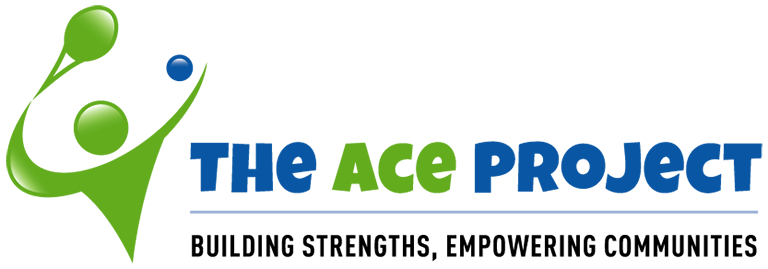Motown, Mo' Tennis
What’s going on? According to the After School Alliance of Michigan, 210,000 children are enrolled in an after-school program; however, 625,000 children are waiting to be enrolled, which means that the state of Michigan is only able to serve a third of youth who would benefit from the many lessons learned through after-school programs. With proposed budget cuts to the federally funded 21st Century Community Learning Centers on the forefront in 2020, more kids may be separated from receiving the physical, social-emotional, and academic resources they need for future success. This is a major problem; one that will impact youth as well as the parents who rely on after-school programs to remain employed and to reduce the likelihood of their kids engaging in risky behavior.
When Net Generation and the United States Tennis Association (USTA) Foundation suggested we work together to bring tennis to students in Detroit’s most underserved communities, we thought, of course! With a Director of Programs & Services in both Chicago and Baltimore, and the Executive Director’s relocation to the Detroit metro area, expansion was possible. Still, there were many things to consider. Which areas of the city are the most in need? What after-school opportunities did youth currently have? How were parents getting involved in positive youth development?
The ACE Project set out to answer these questions by turning to community members, identifying schools and districts that were under-performing in critical areas then asking local leaders to contribute to a needs assessment. We received responses from parents, tennis professionals, police officers, youth development professionals, junior tennis program leaders, and, of course, the USTA Michigan; all of this feedback helped inform where we should target our efforts and how to bring our mission to life in Detroit.
“Our focus in Detroit must be on equity’” said Susan Klumpner, Executive Director and Co-Founder, when asked about this expansion. “We want children and families to have access to high-quality after-school programs, because higher-resourced areas already have them.” Our needs assessment indicated that there was a lack of access to affordable tennis opportunities and enrichment programs for youth on the west side of Detroit. Only a few public elementary schools had after-school opportunities available; those that did varied based on the school’s building administration and relationship with the district.
“We also want to provide workforce development and civic engagement opportunities through our programs,” Susan continued. “The ACE Project has been successful bringing parents and community members on-site to learn, grow, and lead in Chicago and Baltimore; this was after finding a bottleneck for economic opportunity in these areas much like we found in Detroit through the needs assessment.”
Earlier this month, Henry Ford Academy was the first to bring ACE to Detroit, providing space in their gym after school to launch our tennis-only program. Henry Ford is rated low in equity, according to GreatSchools.org, suggesting that, “Disadvantaged students at this school may be falling far behind other students in the state, and this school may have large achievement gaps.” As such, we recruited nearly 25 students, along with 4 coaches from the community, to participate in the first cohort. Next month, Henry Ford will be offering Serve and Connect, the community engagement project we piloted last February in Chicago and Baltimore; four Detroit officers will join us as volunteer coaches for this program that builds trust between residents and the local police department. Moreover, in April, Palmer Park Preparatory Academy will be launching our tennis-only program; like Henry Ford, Palmer Park is rated low in equity as well as English, math, and science test scores.
We are so excited to bring ACE to a new community; already, we have seen so much love-love among those we have had the privilege of working with, whether that be the youth who are thrilled to be learning new skills, the parents who are inspired to coach, the school employees who are eager to collaborate, or the community members who are ready to affect change. Though there is still much work to be done, we know from experience that by building the best team possible, there ain’t no mountain high enough. Luckily for us, there is no town, like Motown.
